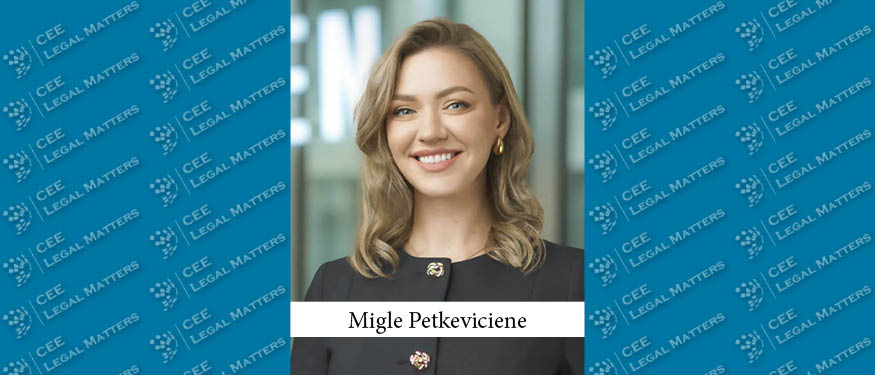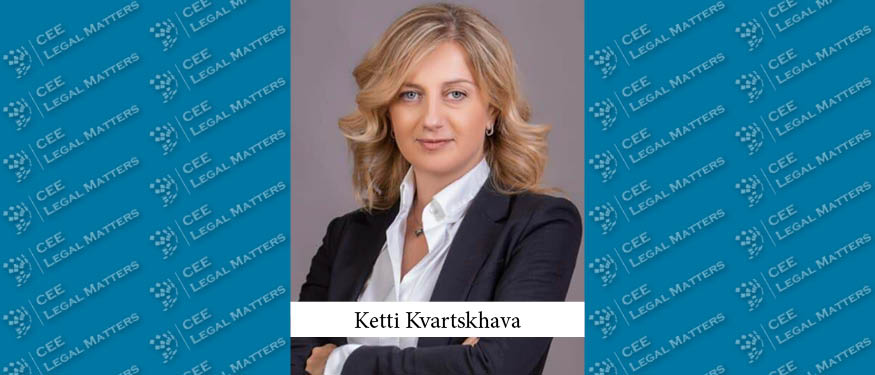Changes in the Latvian tax system, the overall strength of the market, and the interest companies are showing in recent improvements to regulations relating to employee share options, along with the looming GDPR deadline, are all keeping law firms quite busy, says Eva Berlaus, Managing Partner at Sorainen Latvia. As a result, she admits to being quite pleased with the beginning of the year.
The country’s regulations affecting employee share options recently underwent significant changes, according to Berlaus, and new clarity has been provided on how and when shares are issued. Although share options were not prohibited before the new regulation was adopted in the fall of 2017, there were no specific rules in place. As a result, she says, “it was somewhere in the grey area, both for legal, and to some extent, for tax consequences.” Berlaus adds that the clarity in the regulations has led to visible interest from companies seeking to employ the mechanism either for the remuneration of employees or to motivate employees more than previously.
Berlaus underlines the relationship between the new regulations and the country’s tax reforms, suggesting that “the progressiveness in the growing tax burden on the employees might be an additional reason to use those mechanisms.”
The changes have positively influenced law firm business, Berlaus reports, as has the improved tax system that went into force in January, 2018. “Since the new laws were adopted, there has been a huge increase in requests for tax services and tax consultations,” says the Sorainen Managing Partner, who reports that her firm has a substantial tax practice, consisting of seven full-time tax lawyers, generating substantial part of the firm’s revenues.
Unlike the tax and share option reforms, which were well received by the public, Berlaus says, the significance of the GDPR has not been fully understood in Latvia. “We still hear quite a lot of comments that not everybody has realized that it concerns every company. People still think it applies to somebody else — not to them.” As a result, she says, only a small percentage of companies are fully prepared for the regulation’s entrance into force in May 2018.
Real estate, which Berlaus says has been picking up for the last four years, remains very strong. Indeed, she believes there is a possibility for increased growth in the sector in 2018. “It is based on a general growth of economy, which is predicated for around four percent this year. Also it is related to the availability of EU funding: new programs became available last year, but not many of the funds have been put to use.” Nonetheless, despite concerns about bubbles developing in other countries, Berlaus is confident that comparatively low state debt and various other factors will keep Latvia in a safe zone.
Turning to the subject of Latvia’s legal market, Berlaus says no immediate changes are expected from big law firms any time soon, since several law firms, including Cobalt, Ellex, and TGS Baltic have switched members or merged with smaller firms, and therefore are still in the process of integration, and Sorainen’s model of development, as the only truly integrated firm in the region, keeps it calm and steady. Still, despite the overall consolidation of the market, Berlaus says, several smaller firms remain significant, as they continue to find ways to become more competitive.














